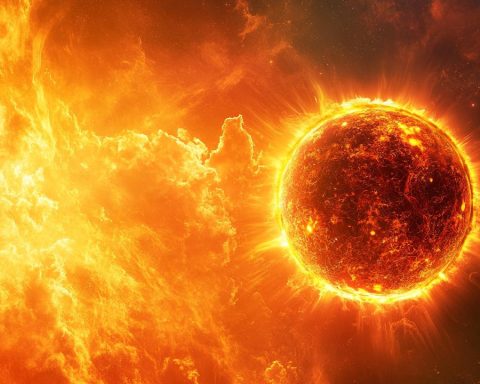Browse CategorySpace
In computer science, "space" typically refers to the amount of memory allocated or used by data structures, algorithms, or programs when they execute. It can be classified into two main types:1. **Memory Space**: This involves the physical or virtual storage area that variables, objects, and program components occupy during execution. It can include different types of storage like stack space (for function call management), heap space (for dynamic memory allocation), and data space (where static or global variables reside).2. **Complexity Space**: In algorithm analysis, space complexity measures the maximum amount of working storage an algorithm requires. It is expressed as a function of the size of the input and helps to evaluate the efficiency of an algorithm alongside time complexity (which measures execution time).Understanding space is critical for developers to create efficient software, particularly in resource-constrained environments where memory is limited. Proper management of space can lead to performance enhancements and deeper insights into the scalability of applications.

















